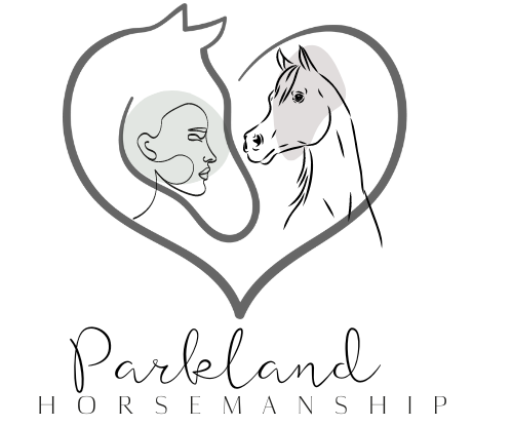The Leadership with Horses program employs equine assisted learning for corporate team-building and leadership development. Our expert facilitators combine powerful experiential learning with research-backed curriculums to produce lasting behavioral changes.
Wild horses are masters of teamwork and collaboration. Their ability to read nonverbal communication helps people develop social awareness and self-awareness.
1. Communication
Communication is key when building strong and dynamic teams, so Horse + Bow provides participants with an opportunity to explore verbal and nonverbal interactions between themselves and horses, which reflect workplace collaborations. Leadership and team building exercises encourage clarity of purpose while simultaneously strengthening connections within an office team and opening up improved channels of communication.
One of the key skills for effective leadership is understanding nonverbal signals. Horses excel at this skill and help their human riders interpret subtle body language nuances. Doing so increases emotional intelligence and situational analysis skills necessary for developing key leadership traits (Bilginoglu, 2020).
2. Collaboration
Horses rely on each other and their herd for survival, just as many teams in the workplace rely on cooperation between members to be effective. Equine-facilitated team and leadership programs enable participants to gain skills that make them more efficient workers in their daily work activities.
Activities in these programs require collaboration among participants and frequently force them to think outside of the box (after all, no amount of muscle can make an animal do something against its will!). Such challenges help build adaptability and creativity – skills necessary for leaders.
Healing with Horses Ranch was delighted to host Bluebonnet Electric Cooperative for our inaugural corporate equine-assisted learning session, providing participants with powerful insights into communication, emotional intelligence, leadership and teamwork. Participants left our Ranch feeling connected and with new appreciation of their power to collaborate and create change at work.
3. Decision-Making
Horses are social animals that depend on each other for survival, creating intricate social structures with clear communication channels between members. Horses are adept at sensing their surroundings and can identify quality relationships within their herd as well as leader candidates that can ensure safety while managing resources effectively.
Leadership exercises with horses can help participants develop and hone key qualities necessary for effective leadership in any corporate setting, including passion, confidence, positive attitude, sensitivity, honesty, courage, sincerity and clarity of thought – qualities essential for effective leadership.
Dreamwinds Equine Assisted Learning Centre’s leadership team-building and development workshops strive to achieve these characteristics in order to effectively connect equine experience back to workplace skills and behaviors needed. Our workshops feature objective-based curriculum designed to do just this – linking your equine experience back into what’s required of you in the office environment.
4. Problem-Solving
Adaptability and creative problem-solving are essential leadership qualities. At Equine-Assisted Team and Leadership Activities, participants face challenges or obstacles that require them to find unique solutions quickly – which fosters a mindset of adaptability that encourages innovative thinking as well as improved interpersonal dynamics.
Horses are herd animals that rely on cooperation and teamwork for survival, highly sensitive to the emotions of others and providing instantaneous feedback through physical behavior. Horses provide invaluable lessons in leadership development by showing us where changes need to take place in terms of physical, emotional and enduring change.
Participants of our equine assisted curriculum ranked their experience highly and commented on how they would apply key course concepts to their clinical work as physicians – an impressive finding which showcases the value of using different learning methodologies in medical education initiatives.
5. Decision-Making
Strong leaders excel in both business and personal situations alike, knowing how to make sound decisions while reading and responding appropriately to people’s emotions. Equine therapy helps participants become more self-aware about their emotional responses while learning to manage them more effectively.
Prey animals like horses are highly attuned to their environment, providing immediate feedback in an honest, straightforward way. Horses possess instinctual behaviors which allow them to assess leadership based on who can offer protection to the herd.
Horses provide natural lessons in herd leadership skills like assertiveness, trustworthiness, clear communication and teamwork that all successful leaders possess. These lessons can then be transferred into the workplace via experiential activities with our herd.

